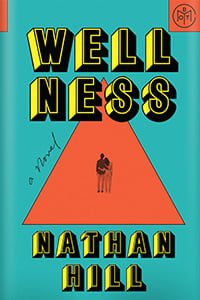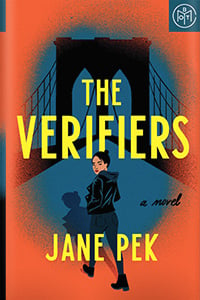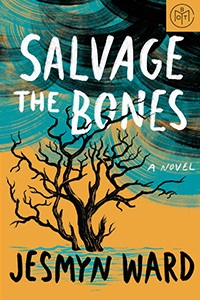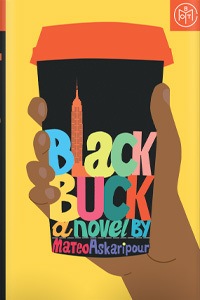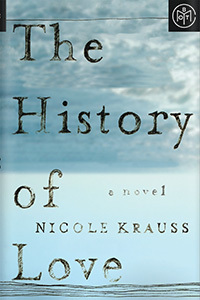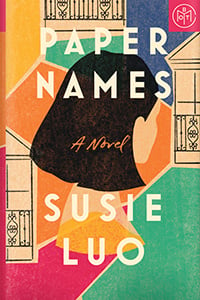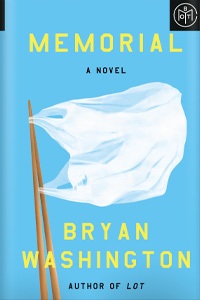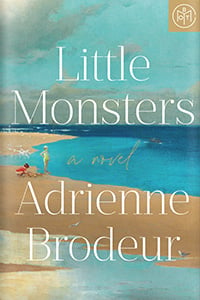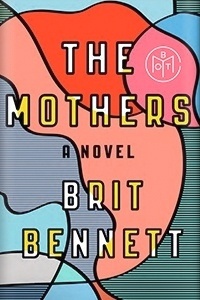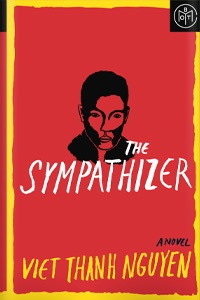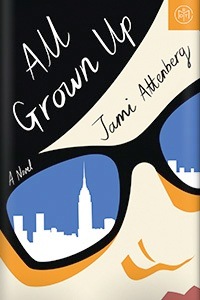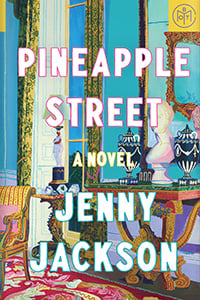

Literary fiction
Pineapple Street
Debut
by Jenny Jackson
Quick take
Brooklyn’s 1% is put under the microscope in this sharp, vibrant exploration of what happens to a trust fund deferred.
Good to know
Family drama
Millennial
Buzzy
NYC
Synopsis
Darley, the eldest daughter in the well-connected, carefully guarded, old-money Stockton family, followed her heart, trading her job and inheritance for motherhood, sacrificing more of herself than she ever intended. Sasha, middle-class and from New England, has married into the Brooklyn Heights family and finds herself cast as the arriviste outsider, wondering how she might ever understand their WASP-y ways. Georgiana, the baby of the family, has fallen in love with someone she can’t (and really shouldn’t) have and must confront the kind of person she wants to be.
Rife with the indulgent pleasures of life among New York’s one-percenters, Pineapple Street is a smart escapist novel that sparkles with wit. It’s about the peculiar unknowability of someone else’s family, the miles between the haves and have-nots and everything in between, and the insanity of first love.
Free sample
Get an early look from the first pages of Pineapple Street.
Why I love it
Susie Yang
Author, White Ivy
We’ve all encountered one of those families before—two patrician parents and their three beautiful adult children, meeting up for brunch or tennis or slipping into an old brownstone for cocktails around a fireplace, all of them fascinating and elusive because you sense they prefer each other’s company to everyone else’s and in no way will you ever truly be able to penetrate their small and enticing world. Well, I have good news: Jenny Jackson’s Pineapple Street takes you into the inner world of one such family and it’s a delicious, funny, and surprisingly moving ride.
Set in Brooklyn Heights, this story is about the three wealthy Stockton siblings, and Sasha, the small-town outsider who marries into the family. There’s plenty of secrets, repressed resentments, and snarky judgements. I particularly loved Sasha’s (very relatable) struggle with getting rid of the clutter inside the brownstone her in-laws allow her to live in rent-free without incurring her mother-in-law’s wrath.
What I appreciated most about the novel is that these characters may seem at first like types, but as we follow their individual struggles we see all the complexity lurking beneath the surface of our caricatures. In fact, I rooted for these characters. I felt for them the way I would for a friend. Turns out money can’t protect them from marital problems or career setbacks or loss. When you finally enter the inner circle, you realize that the perfect-seeming family is just like any other family. That, in the end, is this book’s greatest reward.






